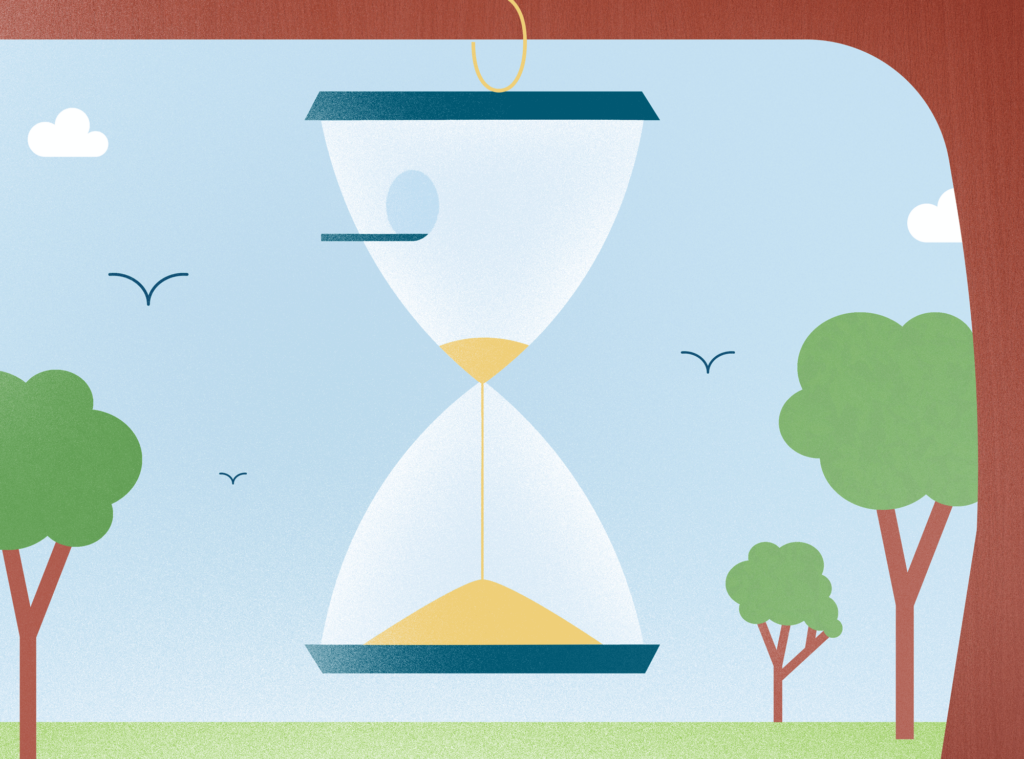
Today, I’ve asked Seth J. Gillihan to share his Tip of the Week.
“Can you please refill the bird feeder, Daddy?” It seemed like such a simple request from my 7-year-old daughter, Faye.
“No problem!” I replied.
But then there was a problem. I didn’t get to it that day. Or the next. I don’t know exactly how long it was before I finally completed this easy, 5-minute job—two weeks? Three? Along the way I kept telling myself, “I really need to do that”—and then pushing it off.
How does a no-problem task become a procrastination problem? Was I just being lazy?
It turns out, laziness is not the core problem. Most of the time, it’s negative reinforcement—meaning, we’re likely to repeat actions that subtract discomfort from our life.
Here’s how negative reinforcement worked in this case: The first time I thought about tackling this chore, I automatically imagined the mild aggravation involved. I would need to find the bag of nyjer seed in the garage, navigate low branches to get to the feeder, use a long-handled brush to clean out the old stuck-on seeds, and somehow find a way to pour in the new seed without spilling it the way I usually do.
When I decided, “Nah, I’ll do it later,” I got a small, unconscious reward: the relief of avoiding something I thought would be unpleasant. The downside is that avoiding discomfort is powerfully addictive.
Research finds that our emotions drive procrastination. Those who are better at tolerating difficult emotions are significantly less likely to procrastinate. And when people receive training in how to tolerate and modify those emotions—by learning to identify the negative emotions that led to the procrastination, sitting with them, recognizing their own resilience, and recommitting themselves to the task—they procrastinate less.
So how did I finally refill the feeder? Eventually, I broke down the task into smaller steps. I started by just setting out the bag of seed, which gave me a tiny sense of accomplishment. That positive reinforcement provided the momentum I needed to finish the job.
Don’t believe you’ll do a task later when you feel like it. If you put it off now, you’ll probably feel even less inclined to do it later.
Do nip the inclination to procrastinate by making it ridiculously easy to get started on a chore. If your child struggles to get started on a school project, for example, help them recognize and sit with the emotions behind the procrastination. Then suggest they make the first step of the task very small and doable. Let them know that it’s best to take care of things as they come, before negative reinforcement takes hold.
With courage and gratitude,
Seth
Seth J. Gillihan is a clinical psychologist and the author, most recently, of Mindful Cognitive Behavioral Therapy: A Simple Path to Healing, Hope, and Peace.
